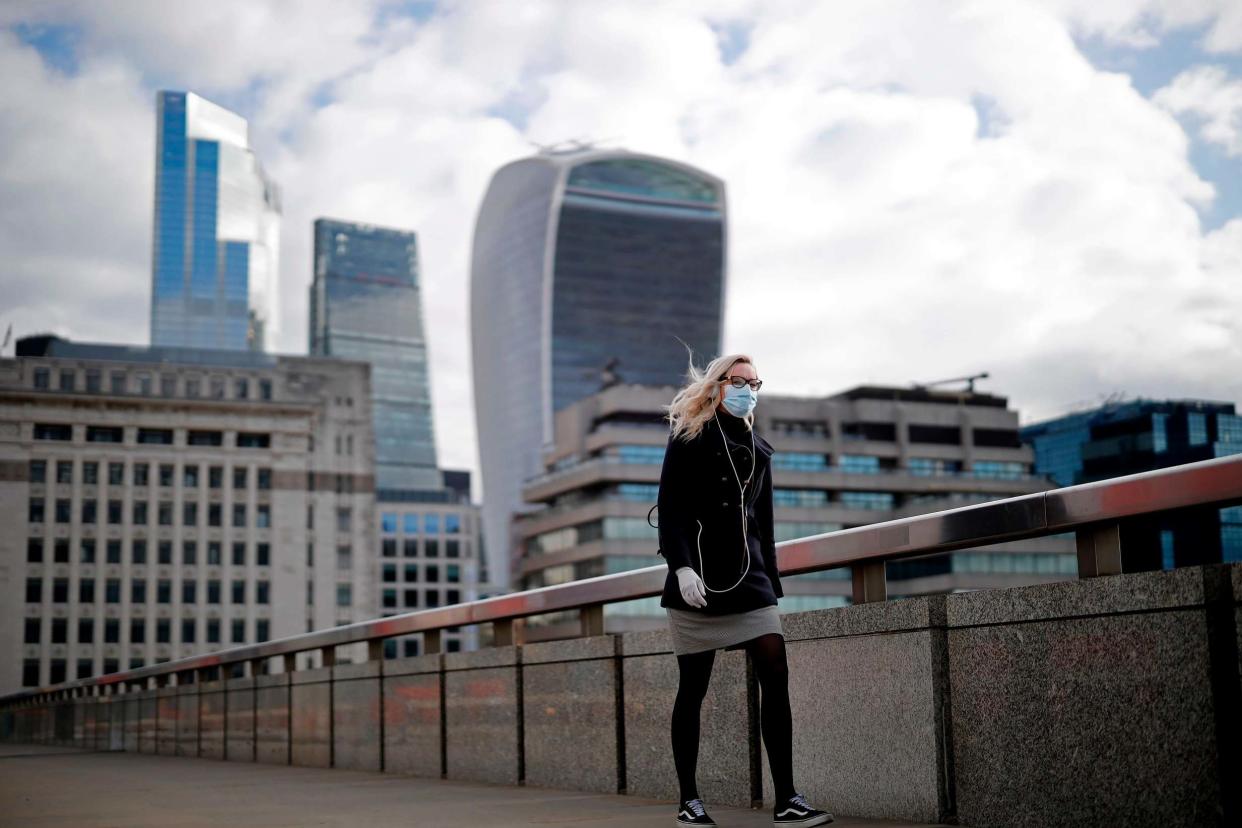Why big firms are to blame for the City being a ghost town

For several months I’ve been making a weekly homage to the Square Mile to meet up for a drink and a gossip with, well, anyone really.
Each time, at least until the latest Covid surge, I went expecting to see a place more bustling than the week before. To see my manor a bit more like its old self.
Each time I have been met with tumbleweed. It is quite liberating to be able to walk directly down the middle of Cornhill without attracting so much as a black cabs beep.
But it doesn’t feel right, it’s like you’re on a film set imitating the City of London.
What’s clear is that it is the very biggest offices, homes to the very biggest companies, that remain almost entirely shuttered.
Small and medium sized firms have all made an effort to get back. They’ve been innovative about making staff feel safe, in some cases offering incentives.
Bloomberg offers staff a generous £75 a day to come in, for example.
Medium size trading houses have got as much as a third or a half of staff in every day, typically on rotas.
Some have split staff into two teams, who come into the office on alternate weeks.
The big banks meanwhile, have been advised that the legal risks are too high to merit the end of WFH.
You can see why.
If 10% of a firm of 100 people gets sick, that’s manageable. The 10 infected people might be sanguine. They knew there was a risk and they took it, in the knowledge that their employer was doing everything it reasonably could in the circumstances.
If 10% of a firm of 10,000 becomes ill, that looks and feels different.
It may even make it hard for the business to function properly. And to the outside world, 1000 people in the same building getting ill might look like mis-management.
The 1000 might get it into their heads to sue. And sympathy might well be on their side.
That’s why some large City employers have said to staff, more or less, “see you in July, maybe”.
Some financial companies are even talking about a permanent WFH model.
As understandable as this may be in the present circumstances, it seems unbecoming of the City and indeed of the people who work there.
London’s success as a financial centre is thanks to its infrastructure and its innovation, its brains and its talent. Those things do need protecting
But the City is about taking risks. That is its raison d'etre
If bosses remain too scared to take any, it will wither.

